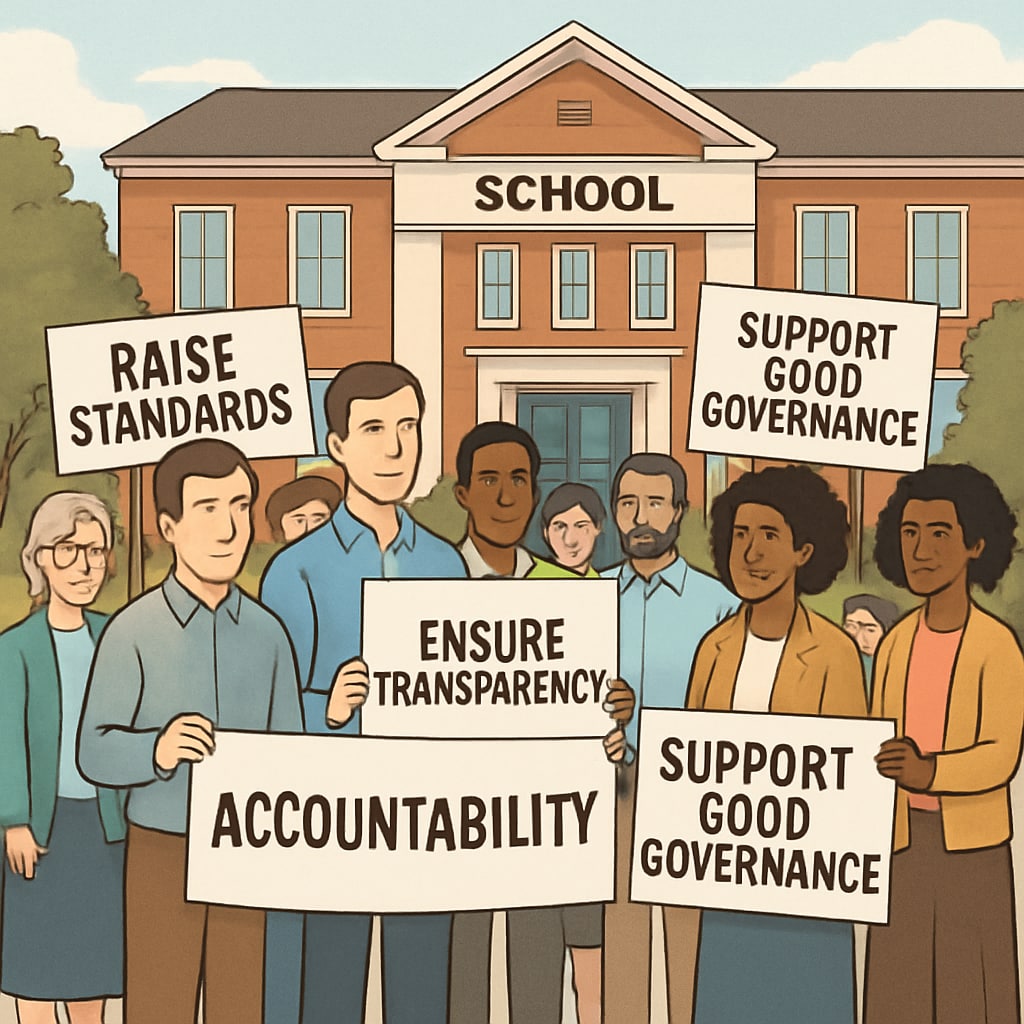Recent protests in a small Maine town have cast a spotlight on the intersection of school governance, child welfare, and community action. When a school board member’s violent criminal history came to light, parents and local residents rallied to demand their resignation. This incident has sparked a broader conversation about the qualifications and background checks required for individuals who hold decision-making roles in education. Protecting students, ensuring ethical governance, and balancing legal fairness have emerged as critical themes in this heated debate.
School Governance and Ethical Qualifications
The role of a school board member is pivotal in shaping educational policies and ensuring the welfare of students. However, when individuals with a history of violence or other serious offenses hold such positions, it raises legitimate concerns about their ability to prioritize student safety. Many argue that the ethical qualifications for school board membership should be as stringent as the responsibilities they shoulder.
For example, in the Maine case, the lack of a comprehensive background check system allowed a candidate with a violent past to assume a position of authority. This has prompted questions about the current vetting mechanisms employed by schools and local governments. Are they thorough enough to safeguard children and uphold community trust?
According to experts, implementing mandatory background checks for all school board candidates is a necessary step. This would align with practices already in place for teachers and other school staff. Additionally, clear guidelines on disqualifying offenses could help prevent similar incidents in the future.

Community Protests and Legal Fairness
The protests in Maine have also highlighted the power of community action in holding school boards accountable. Parents and residents organized rallies, attended board meetings, and engaged with local media to voice their concerns. Their collective efforts sent a strong message: student safety is non-negotiable.
However, this situation also underscores the importance of balancing community demands with legal fairness. The individual in question had served their sentence and was legally eligible to run for the position. Advocates for second chances argue that people with criminal records should not face lifelong barriers to participation in public service. This perspective raises challenging questions: How can we protect students while respecting the principle of rehabilitation and reintegration?
One potential solution is to establish transparent policies that differentiate between types of criminal offenses. For instance, violent crimes or offenses involving children could lead to automatic disqualification, while other types of convictions may be considered on a case-by-case basis. This approach would ensure that decisions are made fairly, without compromising student safety.

Striking a Balance: Policy Recommendations
To prevent similar controversies in the future, a multi-faceted approach is needed. Here are some key recommendations:
- Mandatory Background Checks: Require all school board candidates to undergo thorough background checks, similar to those required for school employees.
- Clear Disqualification Criteria: Develop transparent guidelines that outline which types of criminal offenses are incompatible with school governance roles.
- Community Engagement: Encourage ongoing dialogue between school boards and local communities to build trust and address concerns proactively.
- Support for Rehabilitation: Create opportunities for individuals with criminal records to demonstrate their rehabilitation and contribute to society in other meaningful ways.
By combining these measures, schools and communities can create a governance system that prioritizes student safety while respecting legal and ethical principles.
Conclusion: The Path Forward
The Maine controversy serves as a stark reminder of the challenges involved in balancing school safety, ethical governance, and legal fairness. While community action has proven effective in raising awareness, systemic changes are necessary to prevent such incidents from recurring. By implementing stricter background checks and clear disqualification criteria, schools can ensure that their leadership is both qualified and trustworthy. At the same time, society must remain committed to principles of fairness and rehabilitation, creating a path forward that benefits everyone involved.
As schools continue to navigate these complex issues, one thing remains clear: the safety and well-being of students must always come first.


